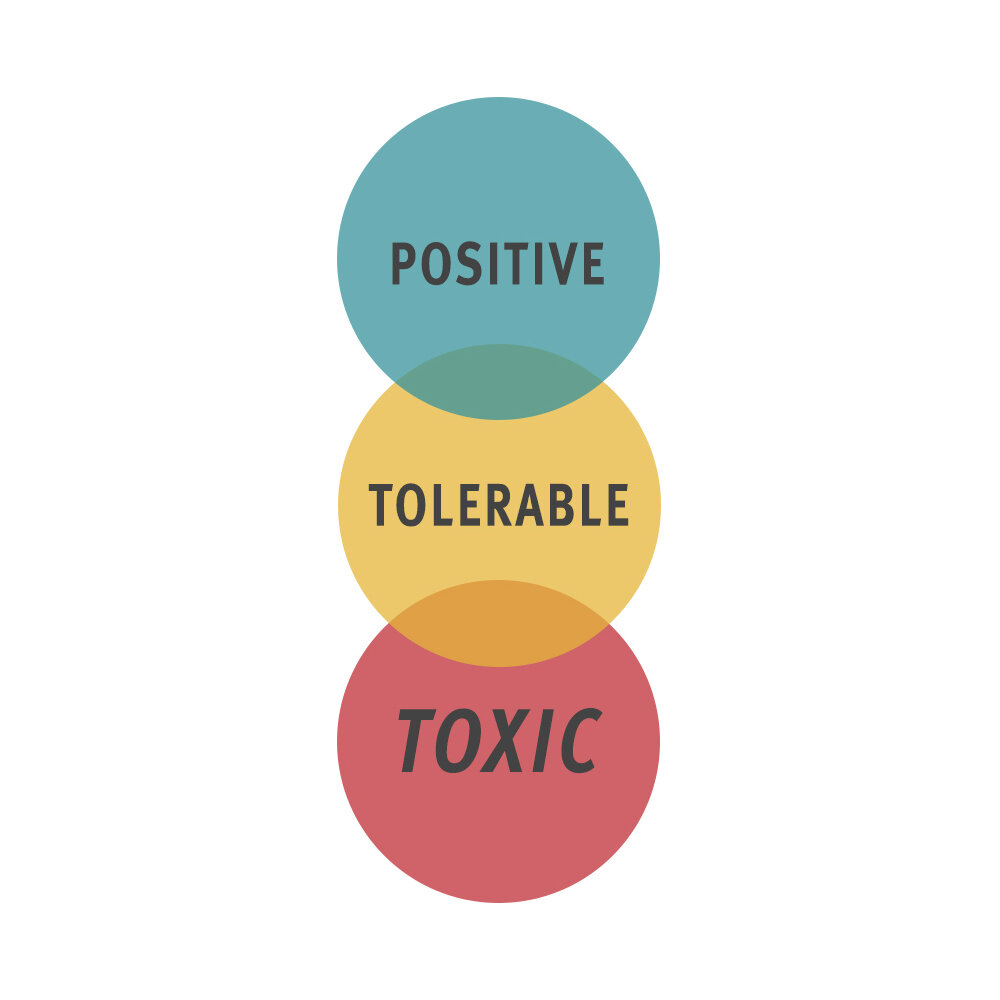Identifying Toxic Stress
Diagram from Harvard University’s Centre on the Developing Child
By Jonathon Reed
At 7:41 AM yesterday, I started getting notifications on Discord from the boys in NGM Summer Camp. As I had breakfast and started tuning into work, they kept talking, and eventually tagged me to see what was going on today.
I felt a pit in my stomach that I’m not used to feeling. If I wasn’t a mental health educator, I might have missed it. I was stressed.
Stress is one of the most common things that young people talk about in our conversations about mental health—it dominates many of their school environments or peer communities. Yet stress is also a normal part of everyday life and a healthy part of child development.
So how do we help them draw the line between what’s okay and what’s not?
To answer this, I started looking into the categories of stress responses proposed by the National Scientific Council on the Developing Child:
Positive stress: Moderate, short-lived stress responses
Tolerable stress: More severe stress responses that occur over limited time periods and/or in the context of an ongoing, supportive relationship with an adult
Toxic stress: Strong stress responses that cause prolonged activation of the body’s stress response system, often out of the child’s control or without the support of caring adults
Toxic stress can result in changes to brain architecture and increase the risk of stress-related physical and mental illness later in life, and is a reason why adverse childhood experiences can have such lasting effects.
With this knowledge, I would ask young people to think about how frequent or prolonged their feelings of stress are. Are they as short-lived as my gut feeling on Monday morning, for example, or do they spend all day feeling stress in their bodies? If they think of their body’s stress response as a car engine revving—my favourite analogy in the literature I read—are they getting adequate cooldown time or are they burning out?
As parents and educators, these questions apply to us as well. As Phyllis Fagell wrote on Twitter this week, the wellbeing of educators and students are inextricably linked. Self-awareness and mental health literacy matter for young people and adults alike.
ICYMI This Week
How Have TV Cops Shaped Our Understanding Of Sexual Assault? (Vogue)
Nurture may trump nature when it comes to depression risks (Contemporary Pediatrics)
10 ways to step up as an ally to non-binary people (Stonewall)
Written by Next Gen Men Program Manager Jonathon Reed as part of Learnings & Unlearnings, a weekly newsletter reflecting on our experiences working with boys and young men. Subscribe to get Learnings & Unlearnings delivered to your email inbox.

